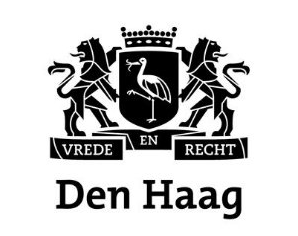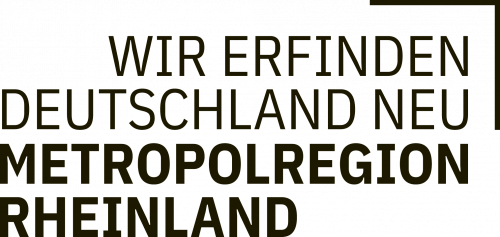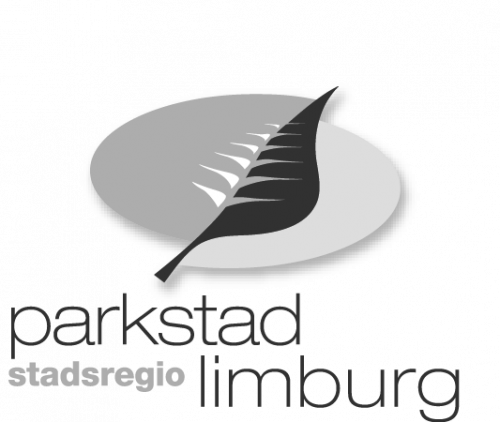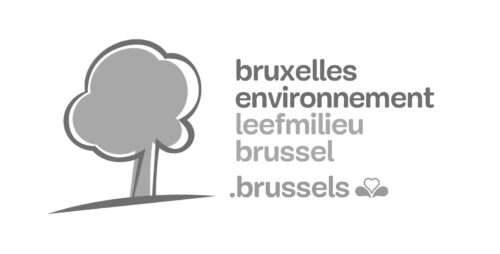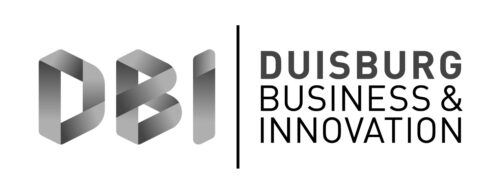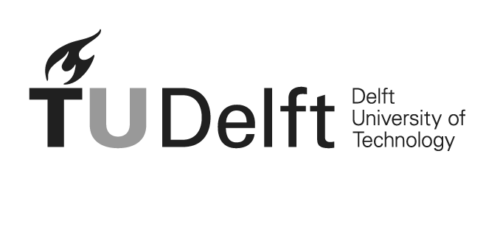SURE and its network of partners participate in and lead programmes that will help to change the future of the Eurodelta megaregion.
ASSET: A Spatial Strategy for the Eurodelta, boosting a circular builT environment
Interreg North-West Europe (NWE) project focusing on understanding the concept of a circular built environment (CBE) by finding innovative spatial solutions through collaboration at various scales within the Eurodelta.
Cities, regions, associations, and the academic field are aligning their research agendas to explore the added value of collaboration on the scale of the Eurodelta, to reach the goals of the EU Green Deal.
Within the project, the project partners are investigating, together with students, the building stones for a spatial strategy at different spatial scales, including within their own administrations and the Eurodelta – based the Circular Spatial Strategy of the Province of South Holland.
Next Generation Podium for Eurodelta
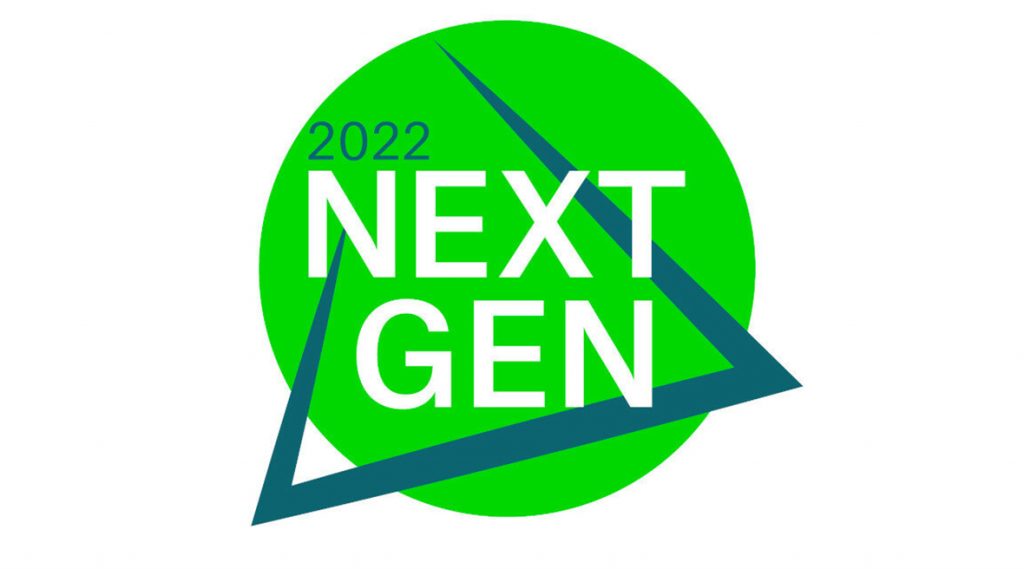 As a pilot program ‘Next Generation Podium for Eurodelta’ was the first initiative in creating a platform of knowledge sharing and bringing in the ideas of the next generation. The first edition of the online symposium explored the sustainable development of the Eurodelta, through dialogue between experts practice and academia and from different generations of planners and designers. This program focused on including the young generation in the discussion towards the thinking and development of the spatial-economic vision for SURE-Eurodelta.
As a pilot program ‘Next Generation Podium for Eurodelta’ was the first initiative in creating a platform of knowledge sharing and bringing in the ideas of the next generation. The first edition of the online symposium explored the sustainable development of the Eurodelta, through dialogue between experts practice and academia and from different generations of planners and designers. This program focused on including the young generation in the discussion towards the thinking and development of the spatial-economic vision for SURE-Eurodelta.To know more:
Next Generation Podium for Eurodelta
2022: The second edition focused on the themes of Water Management and Climate Adaptation; Cross-border Mobility and Infrastructure; Smart Specialisation Strategies. Once again the students developed stunning ideas for these 3 themes that are worthwhile to explore.
Next Generation 2022
Next Generation 2022 reflection
Next Generation 2022 catalogue
2021: In the first edition of the Podium many themes were presented to see the broad spectrum of challenges and to see creative solutions being developed within the Eurodelta. See the presentations here and see the results of the students work.
Reflections and Videos – Eurodelta Symposium
Next Generation 2021
Next Generation 2021 results
Downloadable Catalogue
STISE – Sustainable Transport Infrastructure in the Strategic urban region Eurodelta
Read the report: Propelling Sustainable Mobility – Conversations with policy-makers from the Eurodelta (PDF download)
To know more:
More information
Eurodelta reports
Redesigning the Eurodelta
In the years to come, it is highly foreseeable that we are going to see a shift from air travel to rail in Northwest Europe. How can high speed rail connections for passenger transport in the Eurodelta be improved and to which spatial scenarios will this lead? In our view it’s urgent to strengthen the physics and the performance of the metropolitan system (the total of the metropolitan areas) in this part of Europe, in order to maintain the prosperity and the competitive power in the global economy by reaching new standards for a rail network of the 21st century, sustainable and with an excellent performance.
Going Beyond the Border
Eurodelta-Metropole
More than 40 million people can be reached in three hours of travel. This makes the Eurodelta metropolis a global hub for goods, services and knowledge. In addition, this area has, historically and in current policy, a strong will to collaborate on cross-border tasks. Collaboration in the Eurodelta metropolis investigated how to strengthen the international clout of this area.
Go Europe, Go Rail
An Economically Strong, Just and Climate-Proof Eurodelta
Never waste a crisis and we are hopeful that the COVID 19 crisis will push forward the European Green Deal (EGD). However, the proposed deal (December 2019) lacks the needed support for a trans-European high-speed passenger train network. Even though the benefits of such a network will favour several actions of the EGD, them being the European Union (EU) as a global leader, a just transition and investing in a climate neutral economy.


